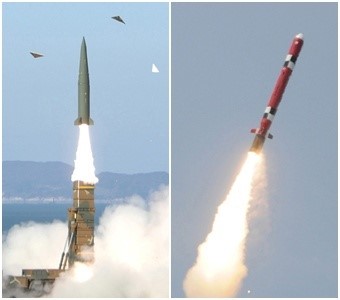
South Korea can now produce missiles that can reach all of North Korea as part of a new deal with Washington that's a response to the North's own growing weapons stockpile. The agreement will allow the South to deploy missiles with a range of 800km, up from the current limit of 300km.
The extension will not only bring the whole of North Korea within reach of Seoul's rockets, but also parts of China and Japan. Chinese and Japanese media voiced unease over the extension claiming that the extension counters a global arms control agreement known as the Missile Technology Control Regime. However, in South Korea's point of view, this is perfectly sound because Seoul needs the ability to deter North Korean provocations. North Korea currently has already deployed more than 1000 scud missiles that can target all of South Korea.
Pyongyang also has ICBMs that can reach even the States. In order to counter these advancements in North Korea, the missile extension was an inevitable decision. From this movement, I hope to see more effective deterrence against North Korea.
http://news.yahoo.com/u-south-korea...ty-062048146.html;ylt=A2KJamkfHNQPkMAntvQtDMD


